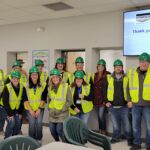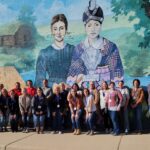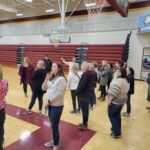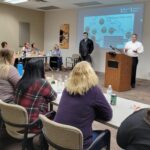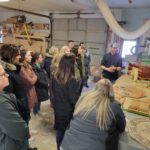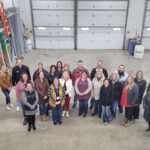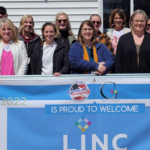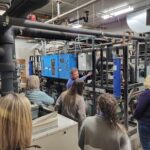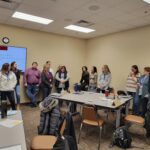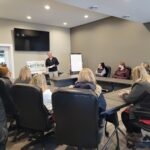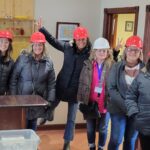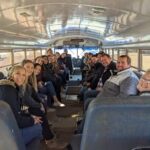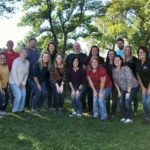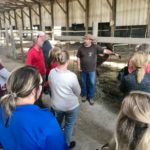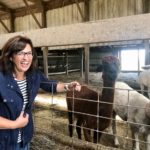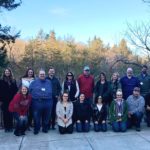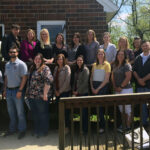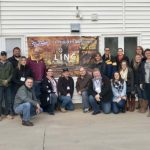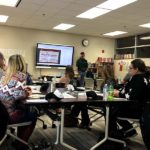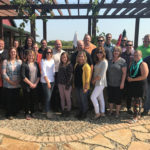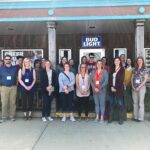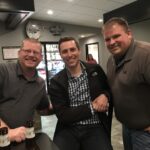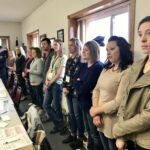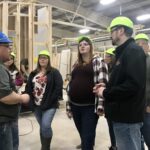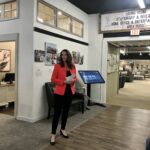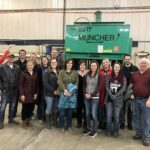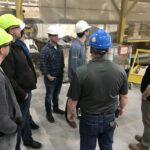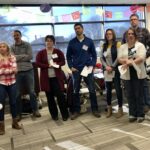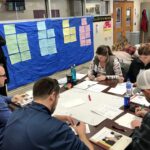Program Format
- Cohort of 26 people
- Nine sessions held one day a month Sept. – May
- Sessions held in various communities across the County
- Leadership training and community speakers
- Site visits of community assets and resources
- Reflection and dialogue
Program Topics
Site Visits
Half of each day will include site visits and/or informational sessions about the various assets of our county. This could include visits to manufacturing facilities, agricultural operations, retail establishments, historical sites, and more.
Each site visit is organized by LINC Alumni who serve as the day chairs. They arrange a variety of great opportunities for participants to expand their knowledge of what our county has to offer. These will likely change from year to year.
Tuition
Tuition for the program is $550, which includes your education and lunch per session. This breaks out to just over $60 per session! Tuition assistance is available for consideration. Please reference the application for more details. Participants will be responsible for their own transportation.
Here's another tool to use when speaking with your boss about participating!
Gallery
Check out pictures from past cohorts!
APPLY NOW
Applications for the 2025-26 LINC Redwood County program year is closed. Please check back in June 2026 for future opportunities!

